NEWS
Mini-T Campervan: A Perfect Fit for HOA and Seasonal Homeowners
One of the biggest advantages of owning a Mini-T Campervan is its garageability. For RV enthusiasts who split time between a primary and a vacation home, the Mini-T offers incredible flexibility.
Benefits Include:
-Fits in Standard Garages – Park at home or your seasonal residence without issue.
-Registered as a Passenger Vehicle – Bypasses many RV-specific restrictions.
-Efficient and Discreet – Ideal for errands, daily driving, and unobtrusive in neighborhoods.
-Great for Seasonal Living – Travel seamlessly between homes with comfort and convenience.
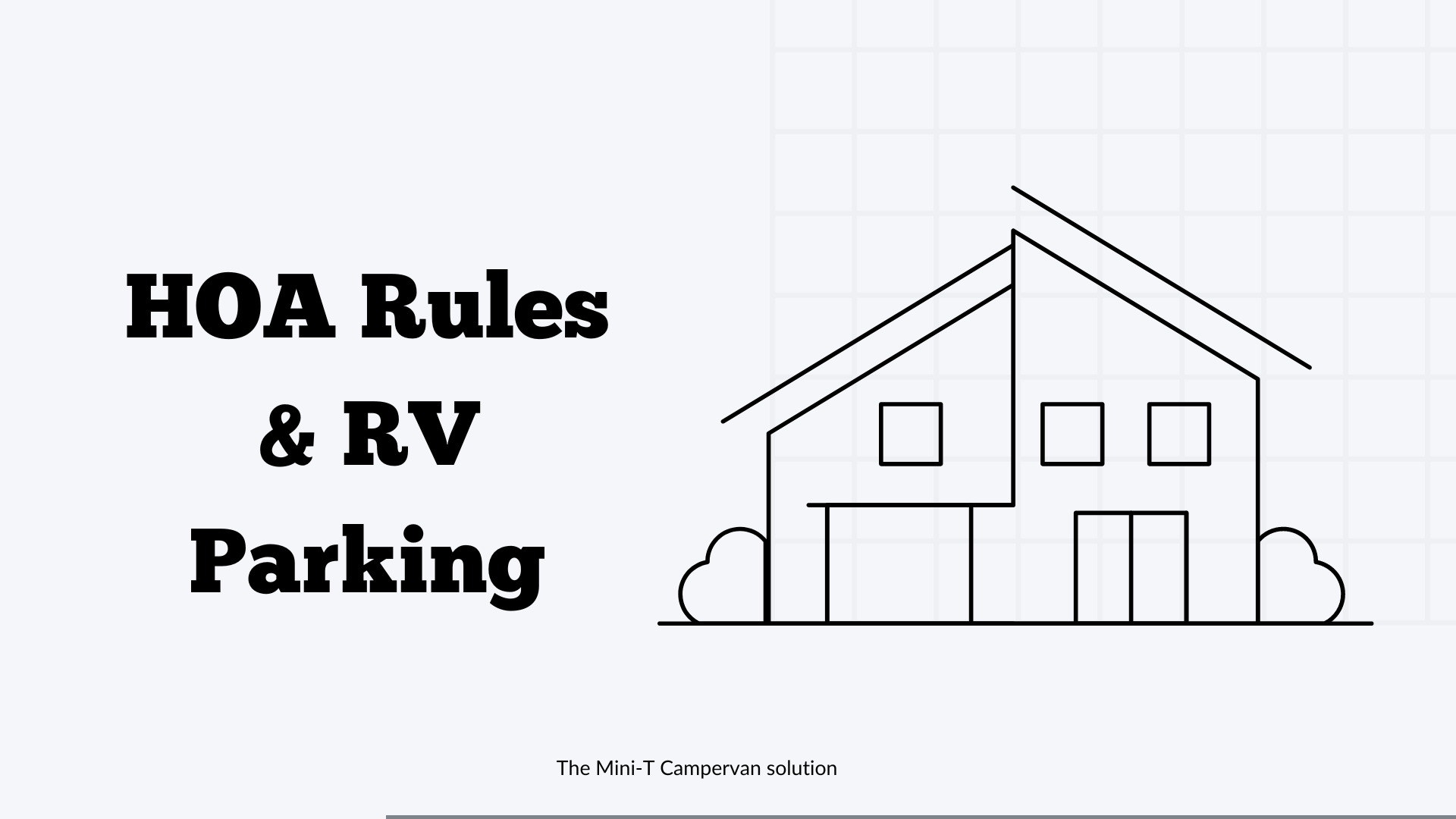
Working with Your HOA: How to Negotiate RV Parking
If your RV is larger or doesn’t fit in your garage, you may need to request an exception or negotiate with your HOA board.
Steps to Take:
1) Know the Rules: Read your HOA’s RV parking policy thoroughly.
2) Prepare a Proposal: Emphasize how your RV is used responsibly, cleanly, and for travel—not storage.
3) Highlight the Mini-T Advantage: If you own one, explain that it’s small, eco-friendly, used as a second vehicle, and fits in the garage.
4) Engage Respectfully: Attend meetings, gather support, and offer compromises—such as limited-duration parking.
Boards are often more receptive to smaller campervans like the Mini-T due to their low profile and everyday usability.
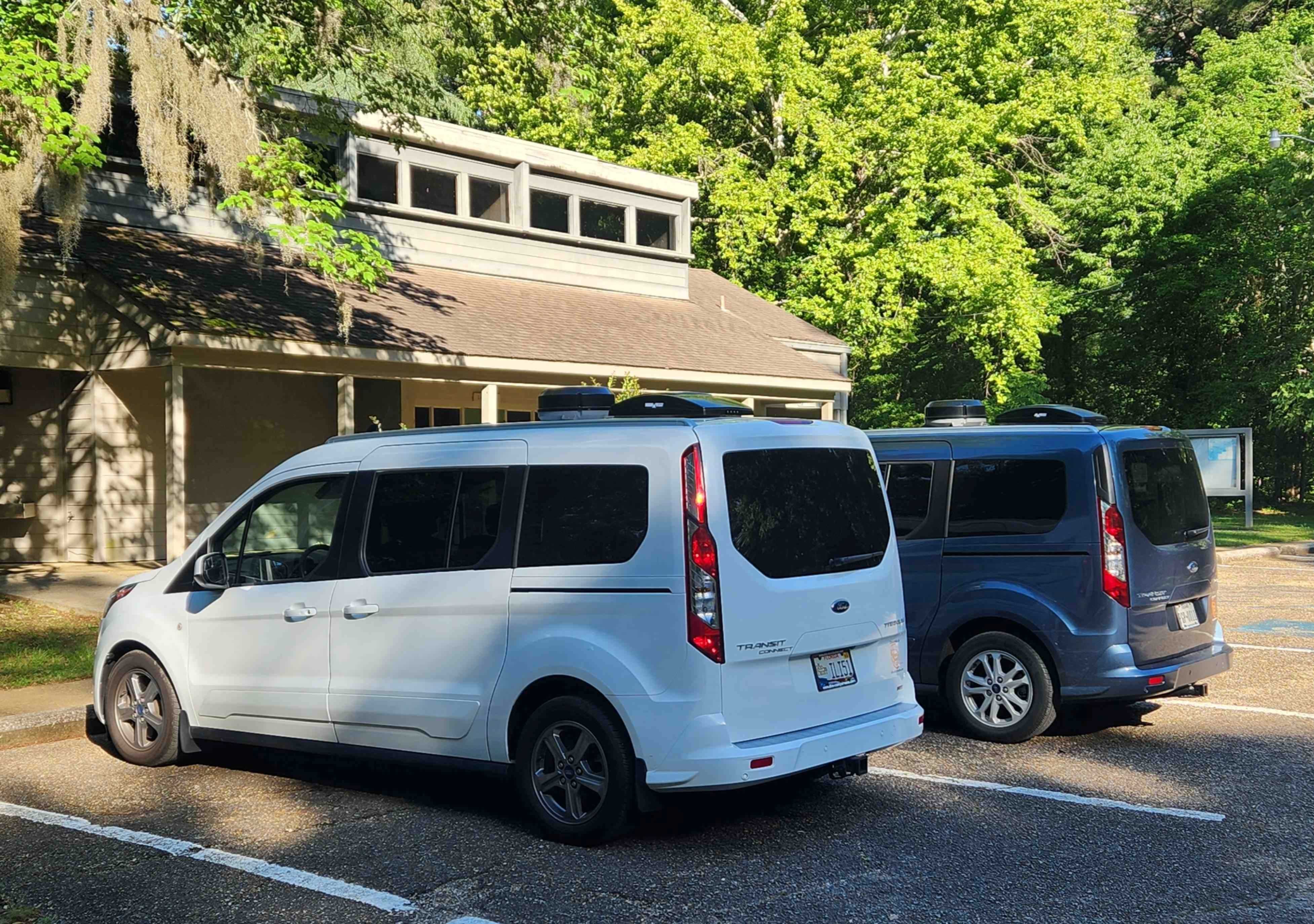
If You Can’t Park at Home: Tips for Finding RV Storage
For owners of larger RVs that aren’t HOA-friendly, secure offsite RV storage may be your best option.
Look for:
- Security Features: Gated access, surveillance, and on-site management.
- RV Access: Space for your specific class (A, B, C) and possibly RV hookups.
- Affordability & Features: 24/7 access, climate protection, and fair pricing.
A well-chosen RV storage facility offers peace of mind when home parking isn’t allowed.
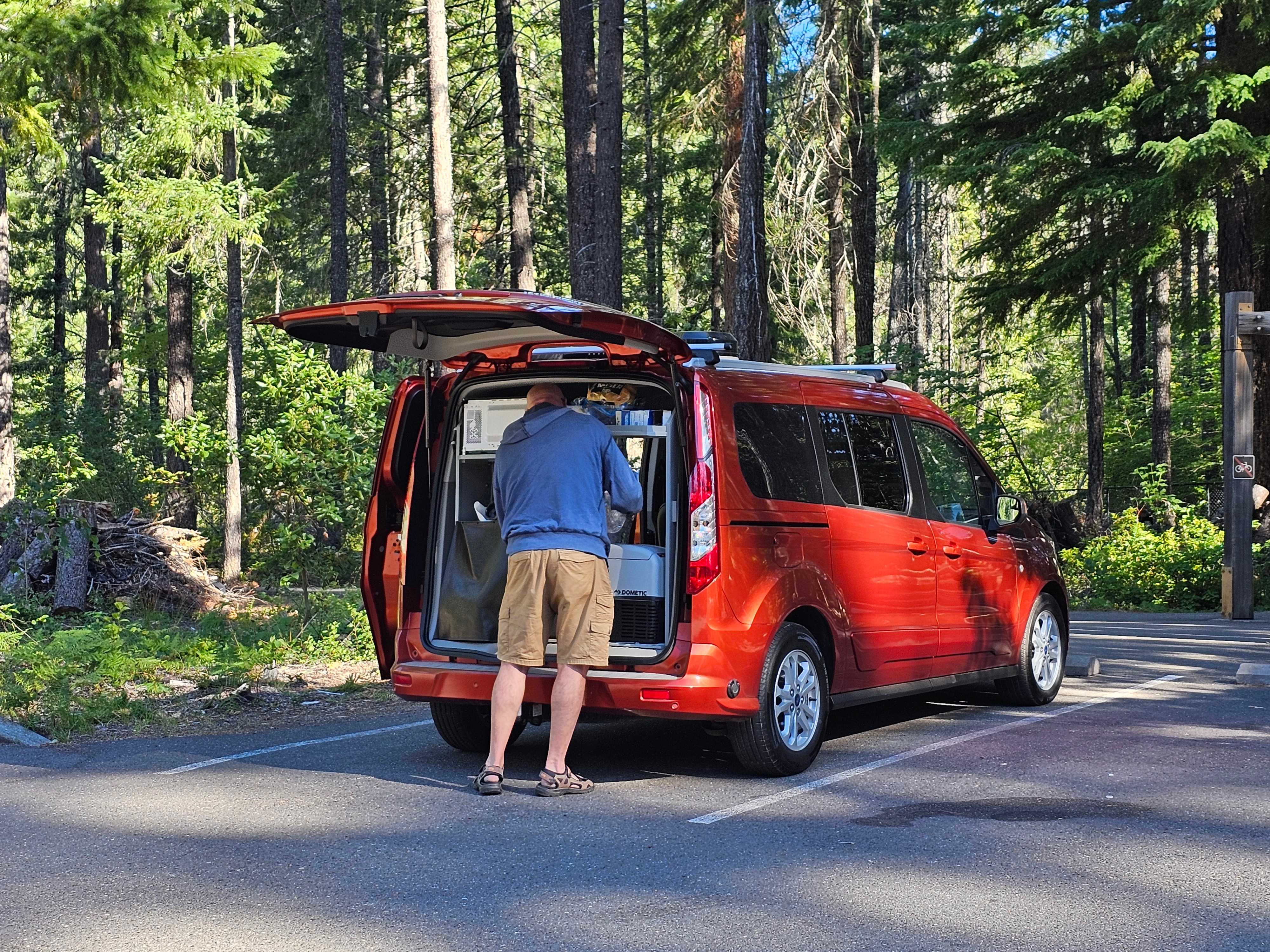
HOA Parking at Your Seasonal or Vacation Property
Seasonal and vacation homes in HOA communities often come with similar parking restrictions. If you plan to park your RV there, do your homework first—especially if you travel from home to seasonal property in a campervan.
Once again, the Mini-T Campervan shines here. Its garage-friendly size means you can park it at both locations legally, comfortably, and without stress.
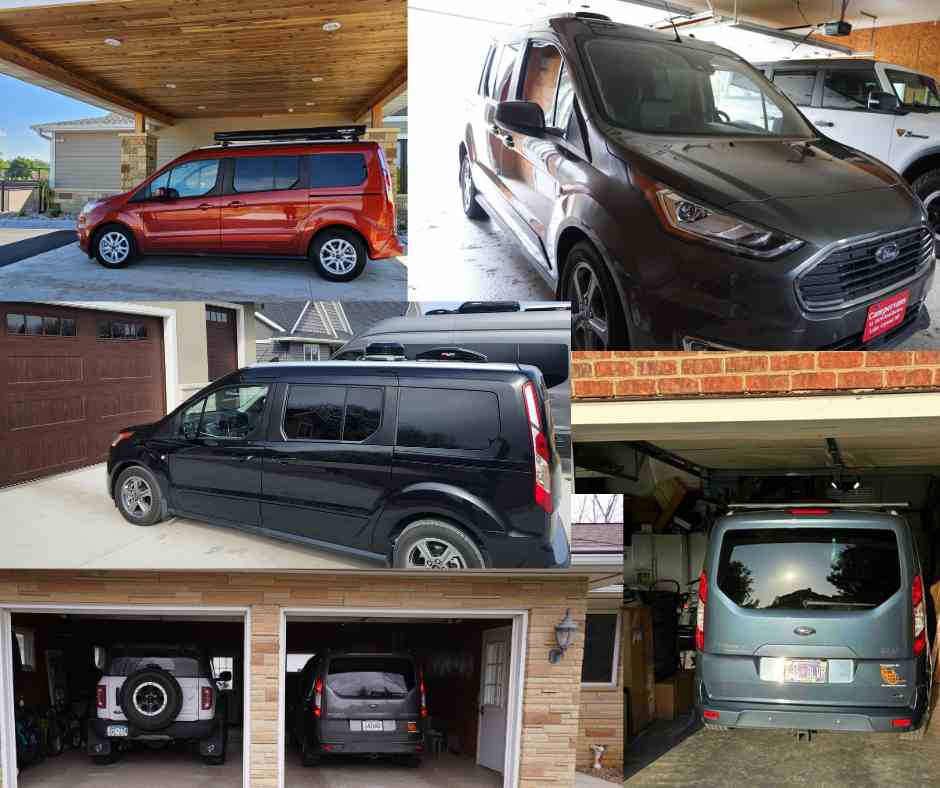
Alternatives to Traditional RVs in HOA Communities
If you love RV travel but need a more HOA-compatible solution, consider:
- Mini-T Campervans – Discreet, efficient, and ideal for garage storage.
- High Roof Class B Vans – Roomier but still more compact than Class A or C RVs.
- Permit Parking – Some HOAs allow temporary parking with permission.
- RV Covers & Concealment – If allowed, use a cover to reduce visual impact.
By exploring the right options, you can stay compliant while enjoying the RV lifestyle.
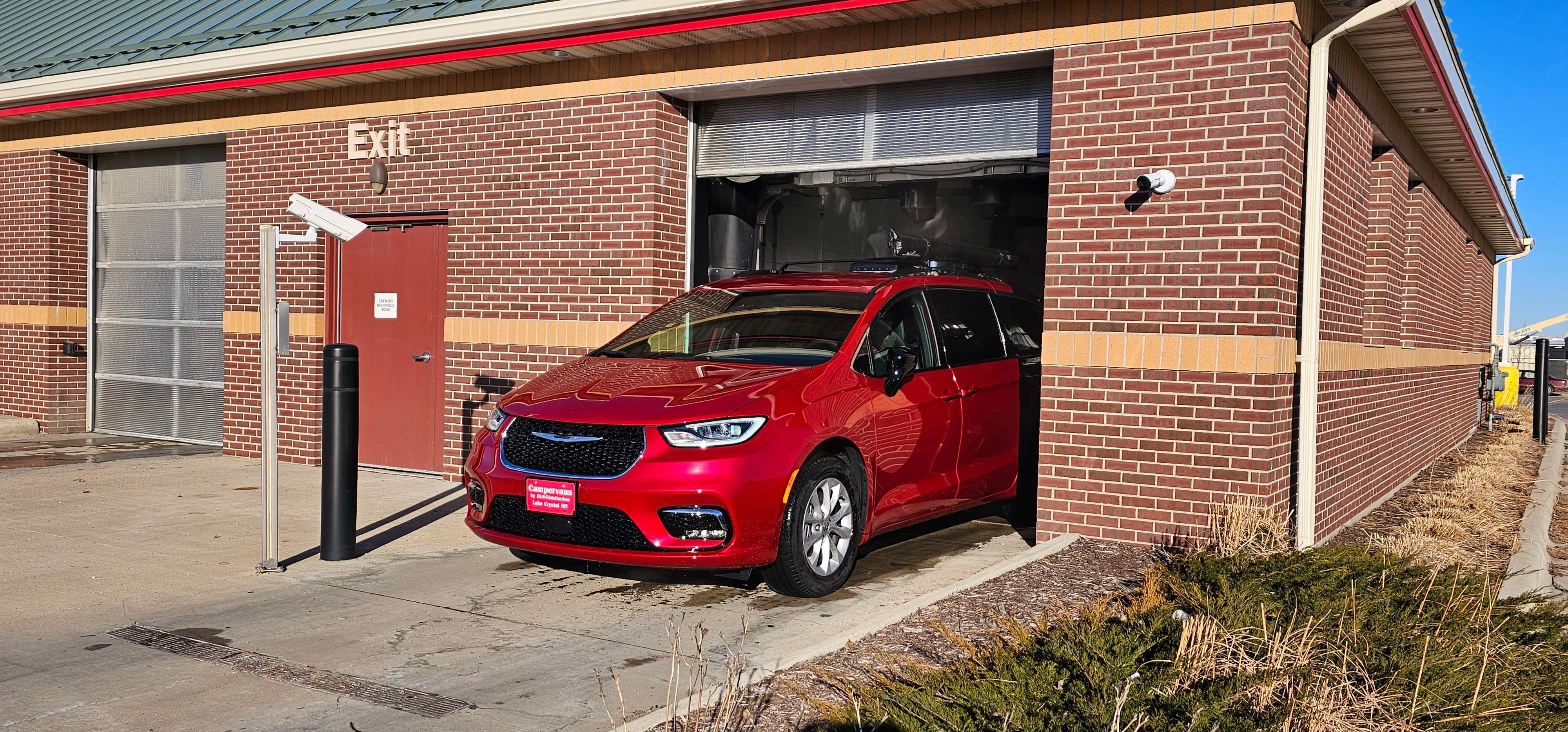
Owning an RV while living in an HOA-controlled community—or traveling between homes—doesn’t have to be complicated. With the right strategy, respectful communication, and the right vehicle (like the Mini-T Campervan), you can enjoy full freedom without breaking any rules.
✅ Whether parked at home, on the road, or at your seasonal residence, the Mini-T delivers practicality, style, and compliance—all in one compact camper.
The Joy of Campervan Travel: Freedom, Comfort, and Connection
At the heart of owning a campervan—whether it’s a Mini-T or another model—is the unmatched joy of freedom and adventure. There’s something truly special about traveling the country at your own pace, waking up in a national park, sipping coffee by a lake, or pulling over at a scenic overlook just because you can. You get to skip the hassle of airports, avoid the unpredictability of hotel stays, and sleep in your own clean, comfortable bed every night. Whether you’re reconnecting with nature, visiting friends and family across the country, or simply chasing sunsets, campervan life gives you the flexibility to enjoy the journey—not just the destination. It’s about making memories, embracing the open road, and experiencing the world with comfort and spontaneity. For many, that’s the true beauty of the RV lifestyle.
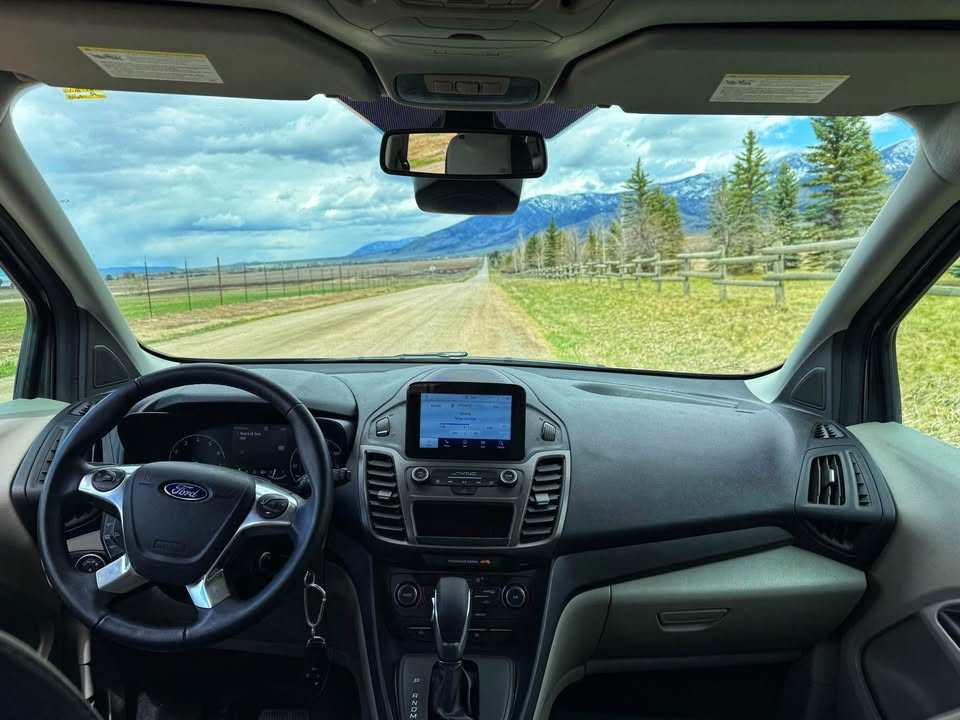
Happy Camping!
DLM-Distribution / Campervans is a licensed manufacture and dealer located in Lake Crystal Minnesota serving clients around the country
Contact Dave: 651-285-7089 or Candy: 507-382-9446 today!
